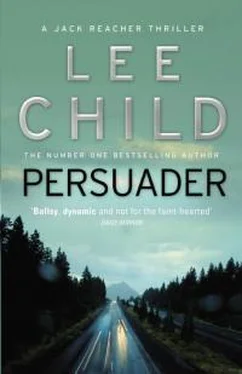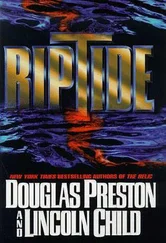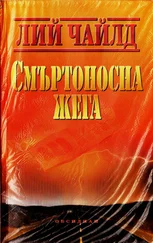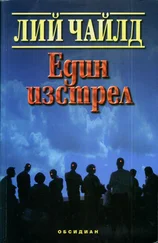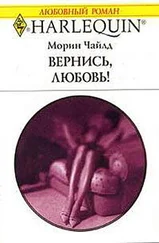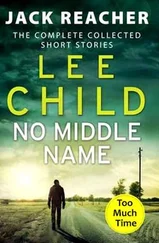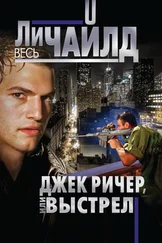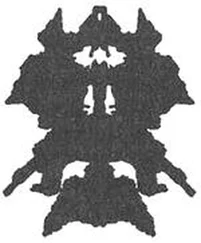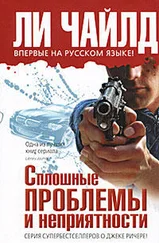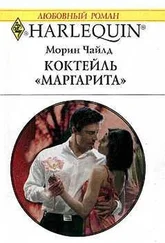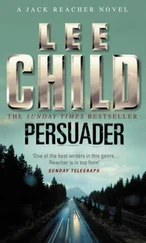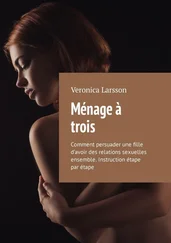“Go with Harley,” Beck told me. “You need to bring the Saab back.”
The cook wasn’t there. The counters were neat and clean. They had been scrubbed. The stove was cold. It felt like there should be a Closed sign hanging on the door.
“What about lunch?” I said.
“You hungry?”
I thought back to the way the sea had swelled the bag and claimed the body. Saw the hair under the water, fluid and infinitely fine. Saw the blood rinsing away, pink and diluted. I wasn’t hungry.
“Starving,” I said.
Beck smiled sheepishly. “You’re one cold son of a bitch, Reacher.”
“I’ve seen dead people before. I expect to see them again.”
He nodded. “The cook is off duty. Eat out, OK?”
“I don’t have any money.”
He put his hand in his pants pocket and came out with a wad of bills. Started to count them out and then just shrugged and gave it up and handed the whole lot to me. It must have been close to a thousand dollars.
“Walking-around money,” he said. “We’ll do the salary thing later.”
I put the cash in my pocket.
“Harley is waiting in the car,” he said.
I went outside and pulled my coat collar up. The wind was easing. The rain was reverting to vertical. The Lincoln was still there at the corner of the house. The trunk lid was closed. Harley was drumming his thumbs on the wheel. I slid into the passenger seat and buzzed it backward to get some legroom. He fired up the engine and set the wipers going and took off. We had to wait while Paulie unchained the gate. Harley fiddled with the heater and set it on high. Our clothes were wet and the windows were steaming up. Paulie was slow. Harley started drumming again.
“You two work for the same guy?” I asked him.
“Me and Paulie?” he said. “Sure.”
“Who is he?”
“Beck didn’t tell you?”
“No,” I said.
“Then I won’t either, I guess.”
“Hard for me to do my job without information,” I said.
“That’s your problem,” he said. “Not mine.”
He gave me his yellow gappy smile again. I figured if I hit him hard enough my fist would take out all the little stumps and end up somewhere in the back of his scrawny throat. But I didn’t hit him. Paulie got the chain loose and swung the gate back. Harley took off immediately and squeezed through with about an inch of clearance on each side. I settled back in my seat. Harley clicked the headlights on and accelerated hard and rooster tails of spray kicked up behind us. We drove west, because there was no choice for the first twelve miles. Then we turned north on Route One, away from where Elizabeth Beck had taken me, away from Old Orchard Beach and Saco, toward Portland. I had no view of anything because the weather was so dismal. I could barely see the tail lights on the traffic ahead of us. Harley didn’t speak. Just rocked back and forth in the driver’s seat and drummed his thumbs on the wheel and drove. He wasn’t a smooth driver. He was always either on the gas or the brake. We sped up, slowed down, sped up, slowed down. It was a long twenty miles.
Then the road swerved hard to the west and I saw I-295 close by on our left. There was a narrow tongue of gray seawater beyond it and beyond that was the Portland airport. There was a plane taking off in a huge cloud of spray. It roared low over our heads and swung south over the Atlantic. Then there was a strip mall on our left with a long narrow parking lot out front. The mall had the sort of stores you expect to find in a low-rent place trapped between two roads near an airport. The parking lot held maybe twenty cars in a line, all of them head-in and square-on to the curb. The old Saab was fifth from the left. Harley pulled the Lincoln in and stopped directly behind it. Drummed his thumbs on the wheel.
“All yours,” he said. “Key is in the door pocket.”
I got out in the rain and he drove off as soon as I shut my door. But he didn’t get back on Route One. At the end of the lot he made a left. Then an immediate right. I saw him ease the big car through an improvised exit made of lumpy poured concrete that led into the adjoining lot. I pulled my collar up again and watched as he drove slowly through it and then disappeared behind a set of brand-new buildings. They were long low sheds made of bright corrugated metal. Some kind of a business park. There was a network of narrow blacktop roads. They were wet and shiny with rain. They had high concrete curbs, smooth and new. I saw the Lincoln again, through a gap between buildings. It was moving slow and lazy, like it was looking to park somewhere. Then it slid behind another building and I didn’t see it again.
I turned around. The Saab was nose-in to a discount liquor store. Next to the liquor store on one side was a place that sold car stereos and on the other side was a place with a window full of fake crystal chandeliers. I doubted if the maid had been sent out to buy a new ceiling fixture. Or to get a CD player installed in the Saab. So she must have been sent to the liquor store. And then she must have found a whole bunch of people waiting there for her. Four of them, maybe five. At least. After the first moment of surprise she would have changed from a bewildered maid to a trained agent fighting for her life. They would have anticipated that. They would have come mob-handed. I looked up and down the sidewalk. Then I looked at the liquor store. It had a window full of boxes. There was no real view out. But I went in anyway.
The store was full of boxes but empty of people. It felt like it spent most of its time that way. It was cold and dusty. The clerk behind the counter was a gray guy of about fifty. Gray hair, gray shirt, gray skin. He looked like he hadn’t been outside in a decade. He had nothing I wanted to buy as an ice-breaker. So I just went right ahead and asked him my question.
“See that Saab out there?” I said.
He made a big show of lining up his view out front.
“I see it,” he said.
“You see what happened to the driver?”
“No,” he said.
People who say no right away are usually lying. A truthful person is perfectly capable of saying no, but generally they stop and think about it first. And they add sorry or something like that. Maybe they come out with some questions of their own. It’s human nature. They say Sorry, no, why, what happened? I put my hand in my pocket and peeled off a bill from Beck’s wad purely by feel. Took it out. It was a hundred. I folded it in half and held it up between my finger and my thumb.
“Now did you see?” I said.
He glanced to his left. My right. Toward the business park beyond his walls. Just a fast glance, furtive, out and back.
“No,” he said again.
“Black Town Car?” I said. “Drove off that way?”
“I didn’t see,” he said. “I was busy.”
I nodded. “You’re practically rushed off your feet in here. I can see that. It’s a miracle one man can handle the pressure.”
“I was in the back. On the phone, I guess.”
I kept the hundred up there in my hand for another long moment. I guessed a hundred tax-free dollars would represent a healthy slice of his week’s net take. But he looked away from it. That told me plenty, too.
“OK,” I said. I put the money back in my pocket and walked out.
I drove the Saab two hundred yards south on Route One and stopped at the first gas station I saw. Went in and bought a bottle of spring water and two candy bars. I paid four times more for the water than I would have for gasoline, if you calculated it by the gallon. Then I came out and sheltered near the door and peeled a candy bar and started eating it. Used the time to look around. No surveillance. So I stepped over to the pay phones and used my change to call Duffy. I had memorized her motel number. I crouched under the plastic bubble and tried to stay dry. She answered on the second ring.
Читать дальше
